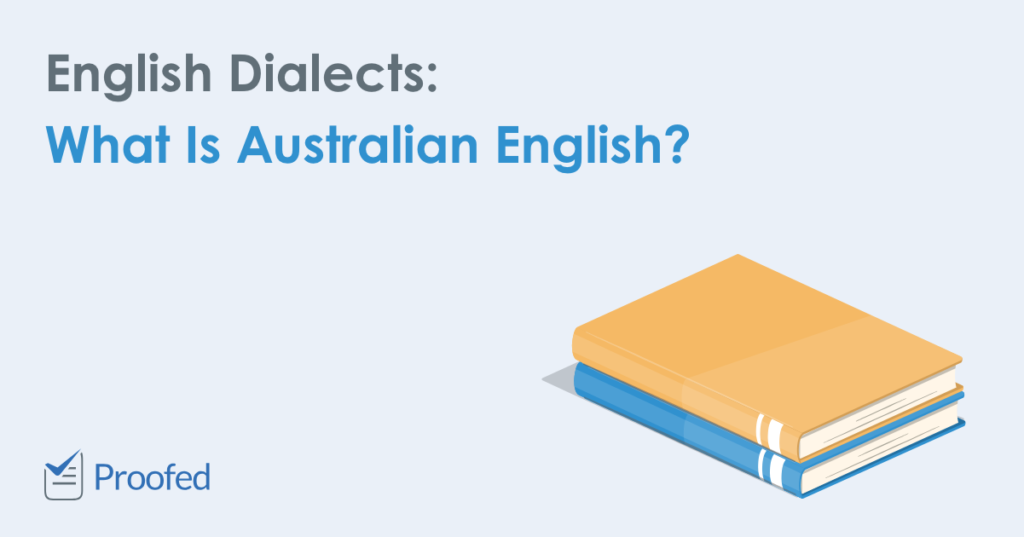G’day, mate! And now we’ve alienated any antipodean readers with a lazy cliché, we should point out that Australian English is more than just an accent or a few Aussie phrases. So what does it involve exactly? And how do Australian and American English differ? Let us explain.
What Is Australian English?
Sometimes shortened to “AuE” or “en-AU,” Australian English is a set of English dialects spoken and written in Australia. It has been recognized as a distinct dialect since the early 19th century, by which time it had diverged from the British English spoken by the first colonists.
Australian and American English have a lot in common, but they also differ in some key ways. These differences include spelling, vocabulary, grammar, and punctuation. For instance:
- Spelling – Australian and American spelling differ in several ways. This is because Australian English uses British spellings in most cases. For example, words like humor and color become humour and colour in Australia. However, Australian English does favor program over the UK spelling programme.
- Vocabulary – Australian English shares some vocabulary with British English. The punctuation mark we know as a “period,” for instance, is a “full stop” in Australia and the UK. However, some words are more uniquely Australian. A “comforter,” for instance, is a “doona” in Australia. And Australia also has terms specific to the country’s environment (e.g., “bush” and “outback”), as well as plenty of slang words (e.g., “fair dinkum”).
- Grammar – Australian and American English are similar in terms of grammar, but there are minor differences. For instance, Australian English uses prepositions where American English would not in some cases (e.g., She left on Friday compared to She left Friday).
- Punctuation – There are also minor differences between Australian and American punctuation. One is that American English favors “double quote marks” for quotations, while ‘single quote marks’ are standard in Australia.
Keep an eye out for these differences if you’re reading text by an Australian author or on a website based in Australia.
Find this useful?
Subscribe to our newsletter and get writing tips from our editors straight to your inbox.
Tips for Using Australian English in Your Writing
If you are writing for an Australian audience, keep the following tips in mind:
- Remember not to use slang terms in formal writing. For instance, you would not use the term “arvo” instead of “afternoon” in a college paper.
- If you’re studying at a university or working for a publisher in Australia, check your style guide for advice on Australian English.
- If you’re unsure whether a word is used in Australia, you can check an Australian dictionary, such as the Macquarie Dictionary.
- When writing for an Australian audience in Microsoft Word, set the spellchecker to Australian English. You can do this by going to Review > Language > Set Proofing Language and selecting “English (Australia)” from the list of available languages.
Finally, you can also have your work proofread by someone who knows Australian English. A native speaker will be able to spot issues you may miss otherwise, so it is always worthwhile.
